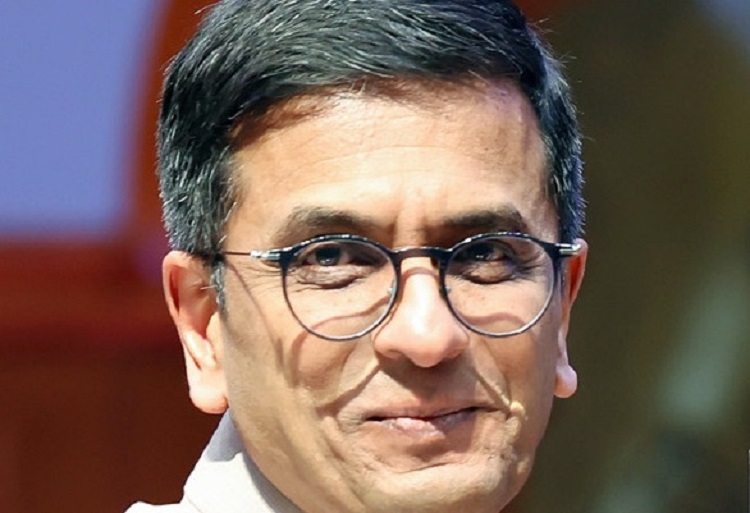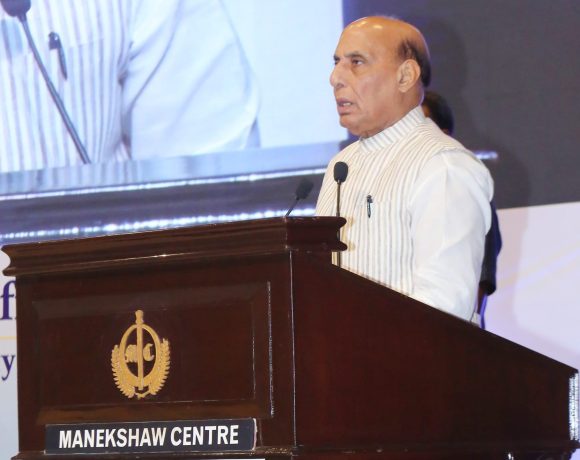
Ex-CJI Chandrachud Delays Official Residence Move Due to Special-Needs Daughters
Former Chief Justice of India (CJI) Dhananjaya Y. Chandrachud has shared a deeply personal reason for delaying his departure from the Supreme Court’s official residence complex. He revealed that two of his daughters have special needs, requiring consistent attention, and this made an immediate move challenging for the family.
Chandrachud
In a heartfelt statement, Chandrachud explained that the day-to-day care of his two daughters made it difficult to coordinate an abrupt shift to a rental home once his tenure ended. He mentioned the emotional and practical upheaval this would cause: balancing property handovers, finding suitable accommodation, and ensuring school transfers—all while managing their unique requirements.
Special Needs
He empathized with parents in similar situations, acknowledging how a sudden house move can unsettle young children, especially those with developmental or special-needs considerations. Chandrachud emphasized that a stable, familiar environment plays a crucial role in their well-being and should be a key factor when families must relocate under pressure.
Public Reaction
His explanation brought forth widespread empathy. Individuals commended his openness and emphasized the need for understanding around the complexities of caring for children with special needs. Many noted that his case highlights an often-overlooked personal dimension behind official protocols and timelines.
Broader Implications
Chandrachud’s situation has opened discussions on policies around relocating families of public servants. Advocates say more compassionate timelines and support are necessary when partners or children have specific medical or educational needs. The call for better accommodation flexibility and transitional support for vulnerable families is gaining traction.
What’s Next
While Chandrachud has now confirmed plans to vacate the residence, his plea is prompting policymakers to consider reforms. These could include adjustable move-out schedules and supplementary assistance for families in comparable situations, ensuring personal hardships are not exacerbated by bureaucratic processes.
Chandrachud’s candid revelation underscores the need for empathy in institutional decision-making—especially when it involves families caring for children with special requirements.


















